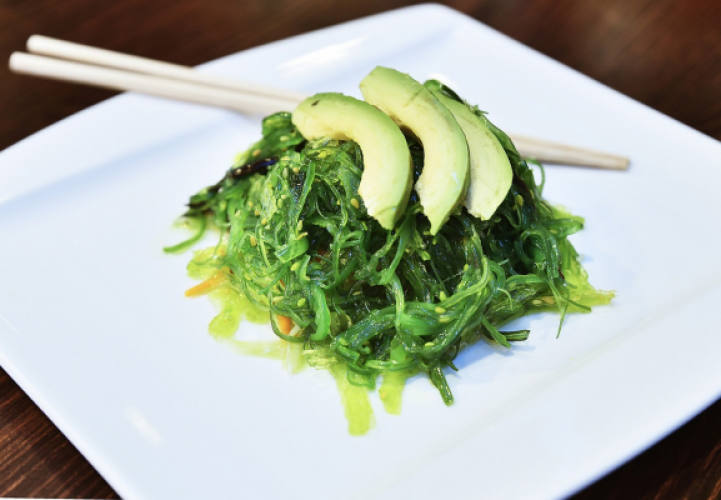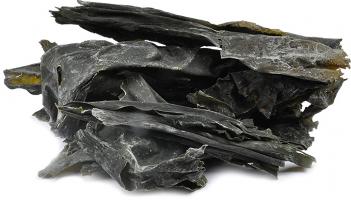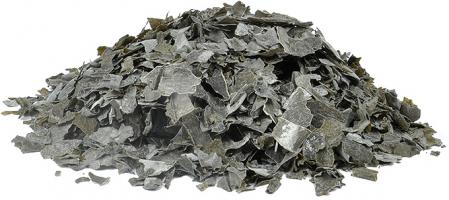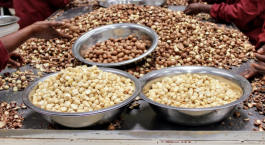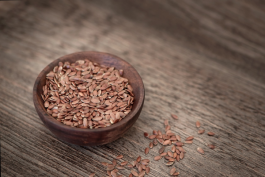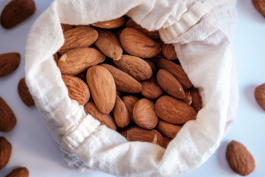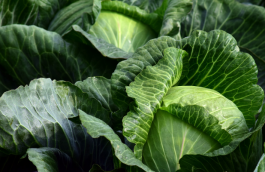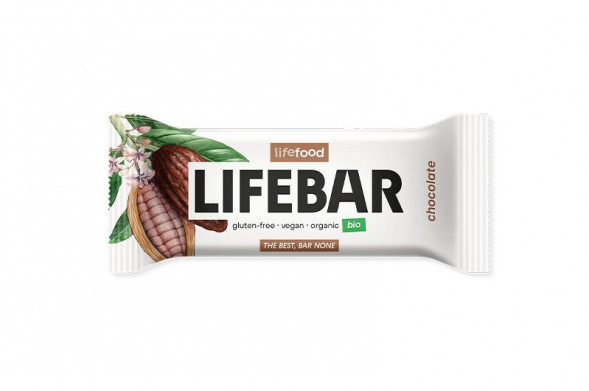The sea not only has a calming power for our body and mind but it also contains a number of plants rich in key nutrients. One of these powerhouses is kelp algae, which has been an indispensable ingredient for many dishes in Asian culture for many years. Kelp belongs to the brown algae and is mostly found in the North Pacific. But what exactly can these healthy algae do and how can we use them at home? Everything about Kelp Algae can be found here.
Kelp: an important source of iodine for diseases
Kelp algae are natural suppliers of organic iodine and a popular product in naturopathy. Iodine plays an important role in the body and is an essential trace element, which among other things supports the function of the thyroid gland and thus influences many important processes in the body. A lack of iodine can trigger a hypofunction of the thyroid gland in the body and thus negatively influence hormone production resulting in fatigue or a slower metabolism.
The Kelp Algae supply the body with iodine in a natural way and can have such a big positive effect on our well-being. But affected people should also consult with their GP, in order to avoid an overdose of iodine. One single gram of the Kelp algae contains 100% of the recommended daily dose of the trace element iodine. Therefore eating seaweed more than once a week is not recommended, especially during pregnancy.
We also need iodine for our immune system, our brain, and our hormonal balance. Like many other countries, iodine deficiency is quite common in the UK, particularly amongst pregnant women and schoolgirls. This is mainly due to the low iodine content in the soil. The Association of UK Dieticians recommends a daily intake of 150-200 micrograms of iodine to meet the needs of an adult.
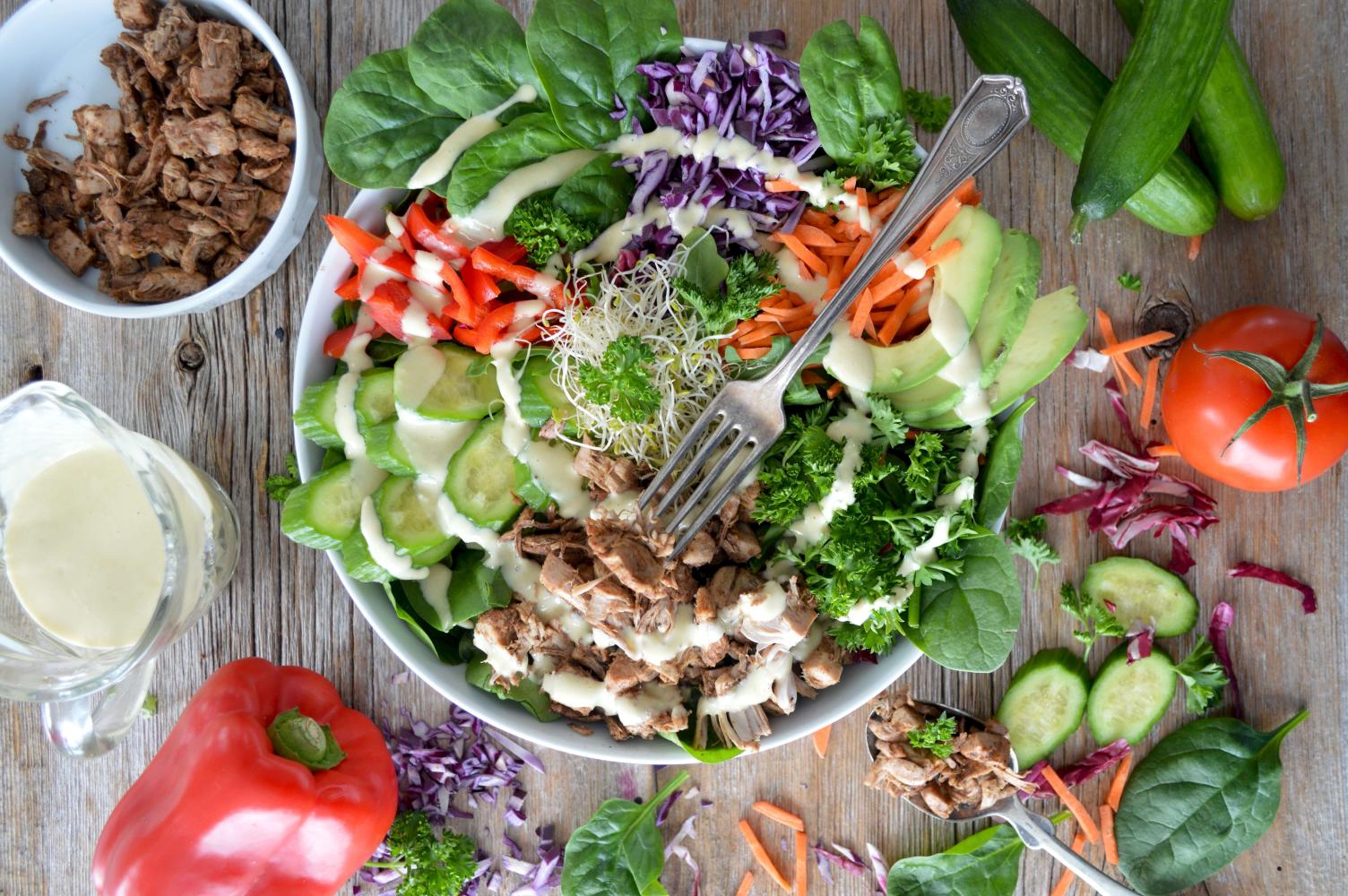
Algae and their healthy nutrients
But the Kelp Algae can do so much more! They are rich in other important nutrients such as vitamin B6, potassium, chromium and many more. These include the already mentioned iodine, as well as calcium, phosphorus, iron, sodium, magnesium, zinc and manganese. Manganese is only contained in very small amounts in our body. We have about 10 to 40 mg of it, a large part is in our bones. Manganese is indispensable for many functions in the body - for example, it helps to build up our bones and to form melanin and dopamine.
The vitamins and some trace elements of brown algae help the body maintain healthy hair and skin. One more reason why we often find these algae in cosmetic products. In addition, Kelp is extremely rich in dietary fibres and therefore supports healthy digestion.
Kelp also has a positive influence on diseases such as diabetes. Kelp is known to lower blood sugar levels and at the same time it slows down the breakdown of carbohydrates.
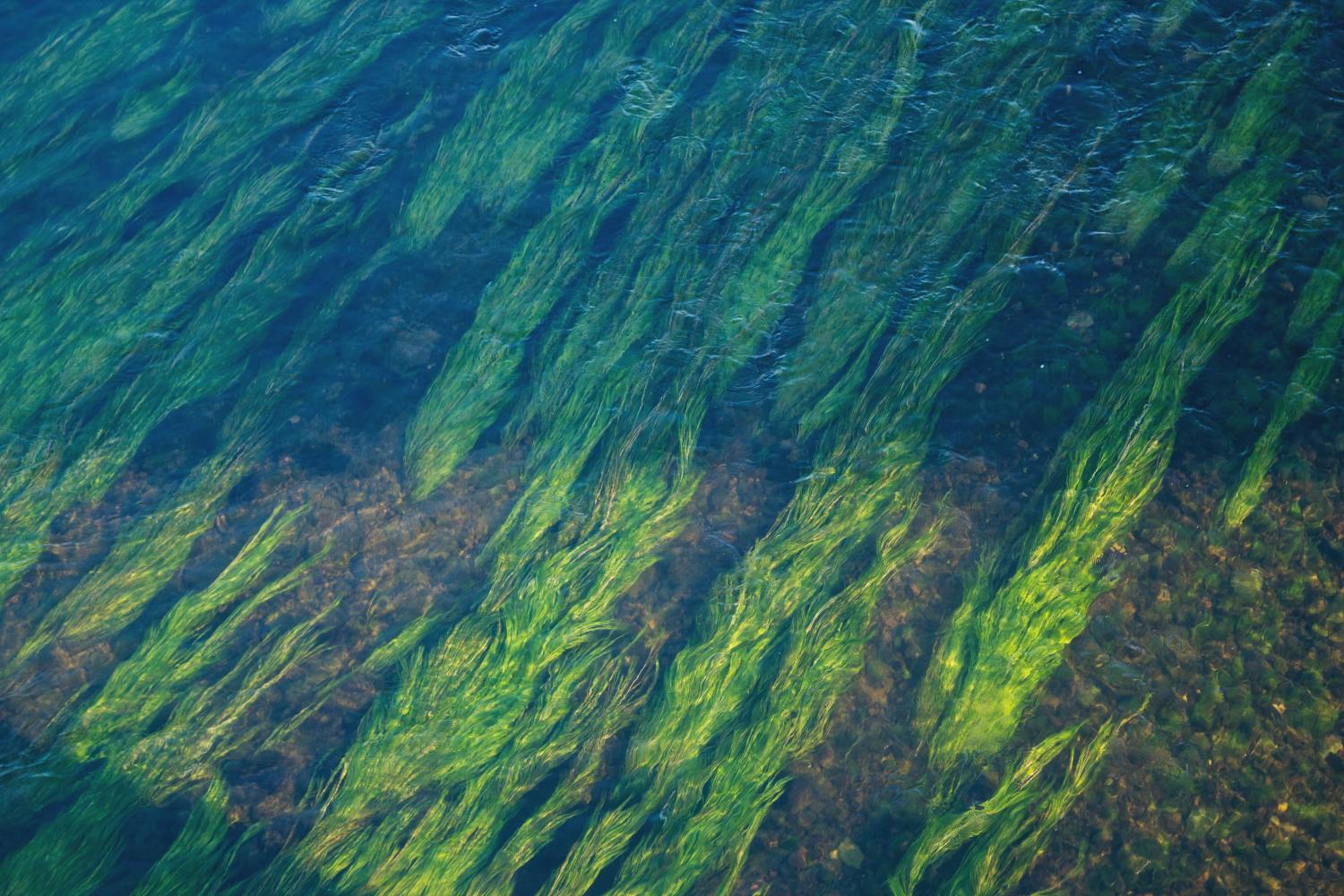
Where can we find these popular algae?
As already mentioned, Kelp algae are mostly found in colder regions such as the North Pacific or the North Atlantic (where we source our Lifefood Kelp algae). Certain species of these algae can grow about half a meter a day in water temperatures of 6°C to 14° C. Algae that grow up to 60 metres are therefore not uncommon.
For this incredible growth to happen, algae need extremely nutrient-rich water. They then form those infamous seaweed forests, also known as algae forests. These forests are often found close to the shore and provide many sea dwellers with an excellent home.
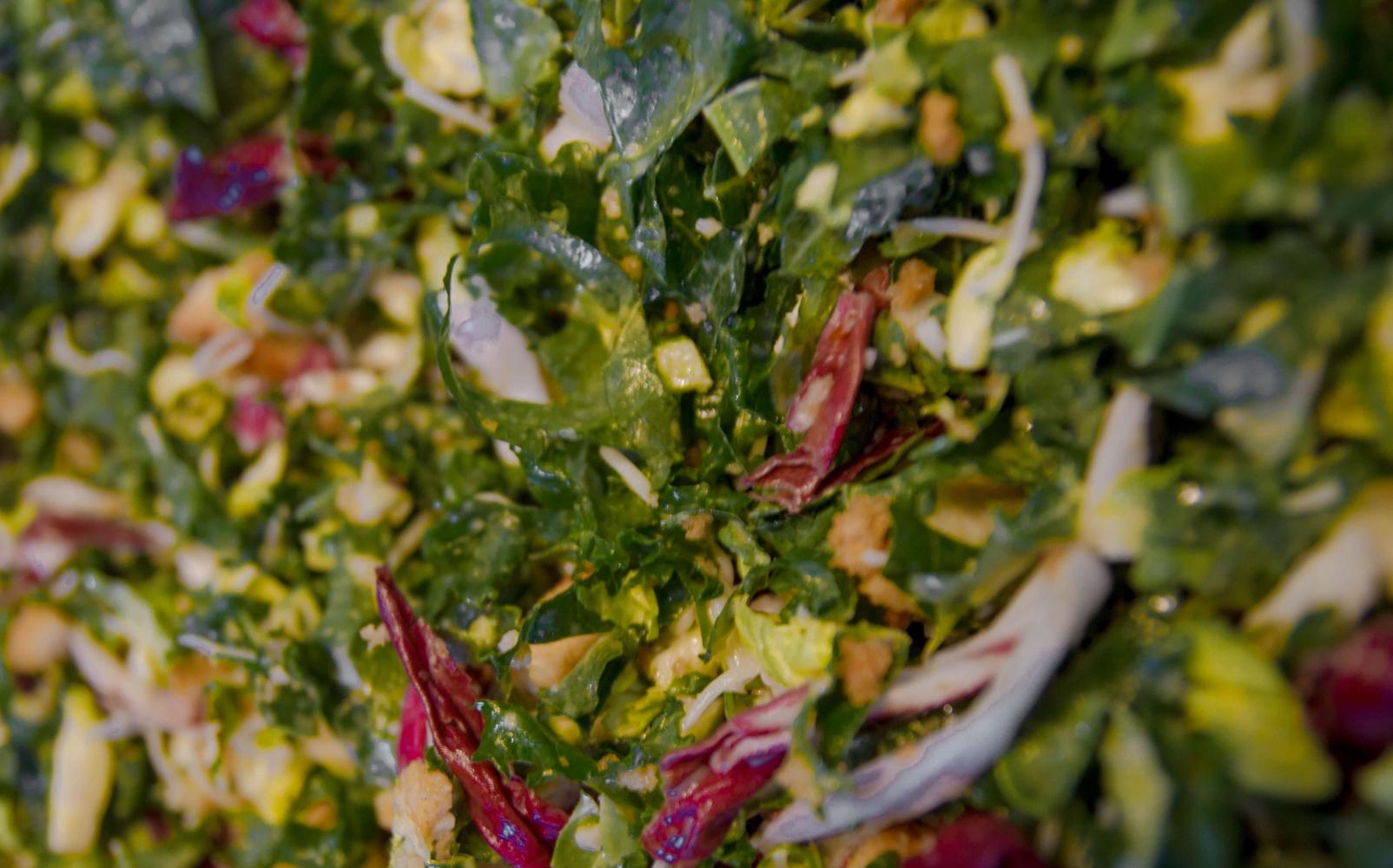
Products and recipes from Lifefood
At Lifefood, we focus particularly on raw kelp algae in organic quality. After harvesting, they are sun-dried or air-dried at low temperatures. It is only by doing so that all important nutrients can be retained.
Another important aspect of organic kelp algae is the way of harvesting: organic algae is harvested very gently so that the seabed is not unnecessarily damaged. In addition, organic algae is regularly checked for traces of heavy metals or pesticides - another plus point when choosing organic products!
Dried kelp can be enjoyed for months. Thanks to the gentle drying process, the tasty sea algae, which tastes literally like the sea, can be stored much longer than the fresh algae, if stored properly.
If you would rather have Kelp as a small addition to your favourite recipe, you can also use our popular Kelp flakes. These also come in organic quality and thus provide a delicious and particularly salty supplement for a healthy and vitamin-rich dish.
For those who lack a little creativity when using Kelp or Kelp flakes, we have a delicious and easy recipe for everyday use.

